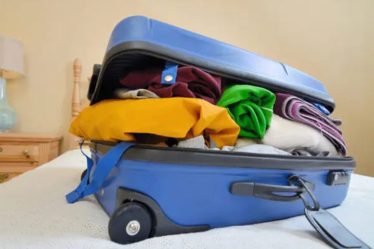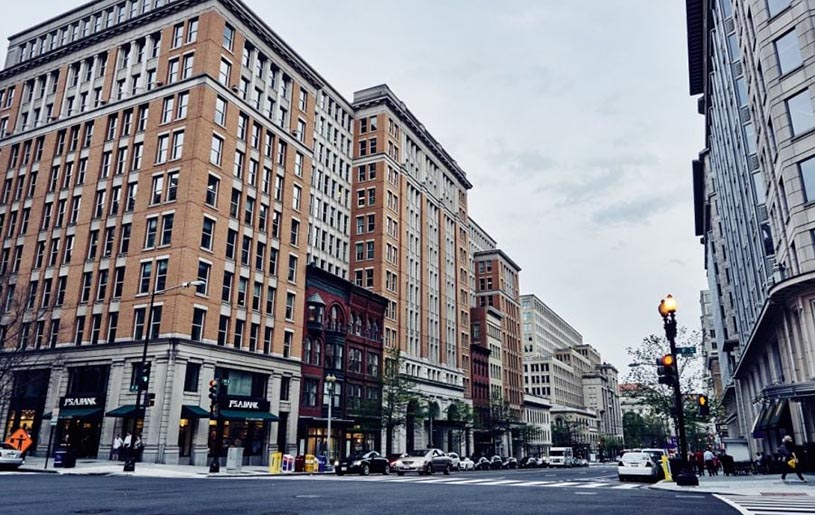
In today’s era of information explosion, booking a suitable hotel seems to be just a matter of moving your fingers, but in fact there are many price traps and misunderstandings. For backpackers, business people or holiday tourists who travel frequently, hotel expenses are often one of the biggest expenses during the trip. Especially in popular tourist cities, the price of an ordinary hotel during peak hours can double, or even several times higher than on weekdays.
Tip 1: Booking in advance ≠ the earlier the better, mastering the “price window period” is the key
1.1 Early bird discounts may be an illusion: booking in advance is not always the cheapest
On many hotel booking platforms, the slogan “book in advance to enjoy discounts” is almost standard. But actual experience tells us that the earlier the advance, the cheaper it is. Some hotels will set a higher price range at the beginning of the launch, and create a “cheap illusion” through “advance discounts”. But in fact, this so-called “discount price” is not cost-effective compared to the price adjusted dynamically later.
Generally speaking, for most city hotels, the most suitable booking window is between 2 weeks and 1 month before travel. During this period, the hotel will adjust its pricing strategy according to the booking situation and give a quote that is closer to the actual occupancy rate. If you travel in the off-season, you may get an attractive “clearance price” even if you book within 1 week before travel.
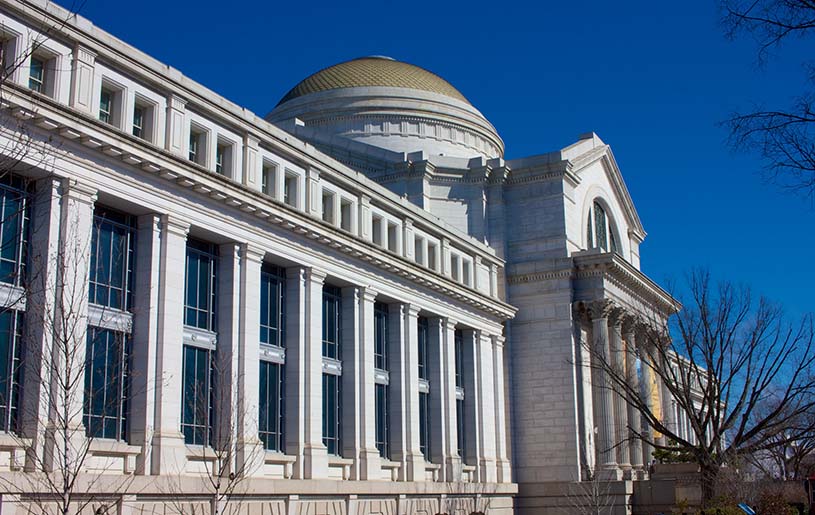
1.2 Pay attention to the cancellation policy: If you cannot cancel for free if you book early, the risk is very high
Even if you book during the period when the price is suitable, you should pay attention to the hotel’s cancellation policy. Many low-priced “non-refundable” room types will make people mistakenly think that they have picked up a bargain, but if they cannot stay in due to changes in plans later, it will cause greater losses. Especially for international travel or multi-city itineraries, it is recommended to give priority to flexible room types with free cancellation, and observe whether you can rebook at a lower price after confirming the itinerary.
1.3 There is a blind spot before and after holidays: avoid the trap of price roller coaster
During holidays, price increases are normal, but many people ignore the rebound effect of prices in the first week after the holidays. Some cities (especially business cities) will see a wave of meetings or return to work after the holidays, and hotel prices have not only not fallen, but have risen further. Therefore, if you can flexibly arrange your travel time and avoid this kind of “post-holiday peak period”, you can book a great value room rate.
Tip 2: The prices of different platforms vary greatly, and price comparison is not just about numbers
2.1 The price mechanism of the platform is different, and additional fees become the source of traps
Several commonly used booking platforms, such as Booking, Expedia, Agoda, etc., seem to have transparent prices, but in fact there are huge differences in price structure. The quotations of some platforms do not include city taxes, cleaning fees or resort service fees, and they are added at the last step of checkout, making users mistakenly believe that the room rate is very low. On other platforms, although the total price seems slightly higher, it actually includes all fees, which is more cost-effective when calculated.
Therefore, when comparing prices, you must not only look at the “nightly price” displayed on the homepage, but click to the payment page to check the total price including tax, and then compare.
2.2 Make good use of platform member prices and private prices
Many platforms have membership systems. After registration, you can see the so-called “member exclusive price” or “private price”, which can often be reduced by 5% to 15% on the original basis. Although it seems to be a small difference, the accumulated amount is very considerable for long-term or peak-time accommodation.
In addition, some platforms will also launch “invisible discounts” for specific email addresses, countries and regions or first-time users, such as new user registration exemptions, mobile app exclusive prices, etc. These prices are often not displayed on public web pages. Therefore, before booking, comparing several times with different accounts or devices is an important step to avoid being “expensive”.
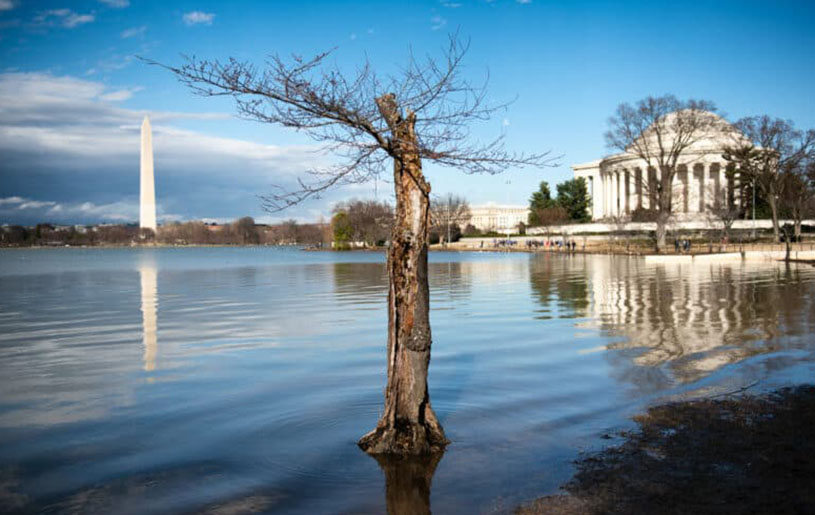
2.3 Some platforms have better package prices: flight + hotel or consecutive stay discounts are hidden deep
If your itinerary includes flights or multiple nights of accommodation, you can consider using the package package function. For example, when booking a flight, the price of a hotel is often lower than that of a separate booking; or when booking more than three nights of accommodation on the same platform, sometimes the “multi-night discount” mechanism is automatically triggered.
It should be noted that such discounts are often hidden under the “Combination Recommendation” or “Hidden Promotion” labels and are not directly displayed on the room selection page. Don’t rush to place an order when browsing, but carefully compare the package combination content, which often brings surprises.
Tip 3: Choose the hotel location in combination with public transportation and local regional policies
3.1 Cheap hotel ≠ low actual cost: transportation costs are often ignored
When booking a hotel, many tourists often only pay attention to the room price itself, but ignore the transportation cost from the hotel to the main attractions. For example, in big cities such as London, New York, Paris, and Tokyo, although the price of downtown hotels is slightly higher, most attractions can be reached by foot or by subway; while suburban hotels are cheap, the daily commuting subway or taxi costs can easily “eat back” the room money saved.
Therefore, when choosing a hotel, be sure to open the map and check the distance from the city’s public transportation system. Is it close to the subway station? Is there a night bus? Can you walk to multiple attractions? These details will greatly affect your actual expenditure in the local area.
3.2 Understand local additional policies such as “city tax” and “resort fee”
In some cities (especially large cities in Europe or the United States), local governments will impose city accommodation taxes, tourism management fees or resort surcharges. Many tourists only found out that there was an extra fee on their bills after they checked in, some of which were as high as $15 to $30 per night.
Usually, such fees are not specifically marked on the platform booking page, but only mentioned in the “Accommodation Policy Description” at the bottom. Therefore, be sure to read the details on the hotel page carefully to confirm whether such fees need to be paid additionally. In addition, some platforms only charge this fee when you check in, not when you book, so you need to prepare a certain amount of cash or credit card limit when you arrive at the hotel.
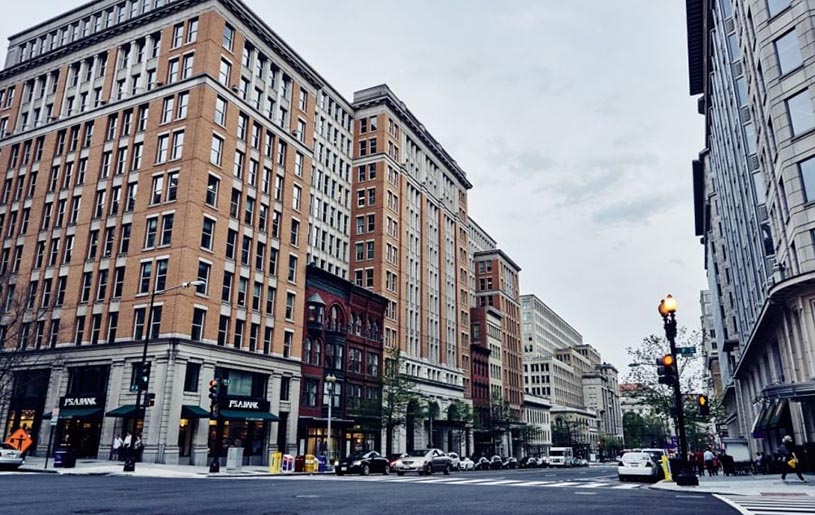
3.3 Avoid hot spots during popular exhibitions and festivals
In some areas, hotel prices will soar on certain dates due to large exhibitions, concerts or festivals. For example, the Mobile World Congress in Barcelona, the cherry blossom season in Tokyo, the beer festival in Munich, or the F1 event in Singapore. If it happens to be the right time, it is recommended to avoid hot spots as much as possible. Even if you choose a slightly farther area with convenient transportation, it is more cost-effective than paying three times the room rate in the activity center area.
IV. Other considerations
1. Keep payment and communication records
After completing the reservation, be sure to take screenshots or save all payment receipts and communication records. This is not only convenient for subsequent verification, but also provides strong evidence in case of disputes. Especially when using a third-party booking platform, there may be information transmission errors between the platform and the hotel. Keeping evidence in advance can effectively protect your own rights and interests.
2. Check the cancellation and change policy in advance
Although many platforms will mark the cancellation policy on the booking page, the specific terms still need to be clicked in to view. Some hotels have a “free cancellation” period, while others are non-refundable once booked. Travel plans are bound to change, and understanding the change and refund mechanism can avoid unnecessary financial losses.
3. Pay attention to personal safety on the day of check-in
Even if you choose a highly rated accommodation, don’t take it lightly. On the day of check-in, observe whether the surrounding environment is safe and avoid going out alone at night. If you are a female solo traveler, it is recommended to choose a room close to the front desk or with surveillance. Personal safety is always the most important travel guarantee.
The process of hotel booking is not only a process of choosing a place to stay, but also a balancing game between budget and experience. With the diversification of travel methods and the opening of information access channels, the more skills travelers master, the easier it is to avoid those invisible traps and get a high-quality and cost-effective journey.
I hope that every friend who is planning a trip will no longer spend money on hotels.
Before you prepare to travel next time, you might as well re-examine your booking habits. Consciously optimize, you will find that smart choices can bring more peace of mind and satisfaction than expensive prices.


